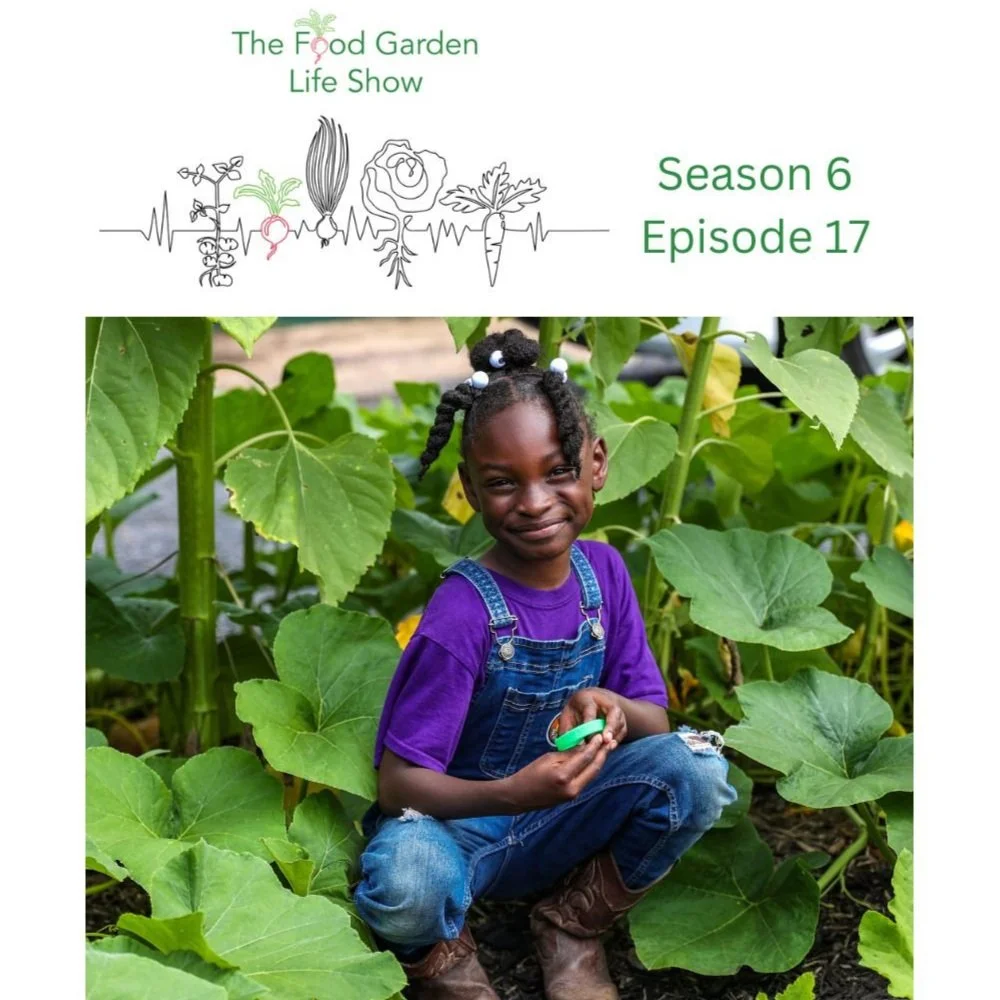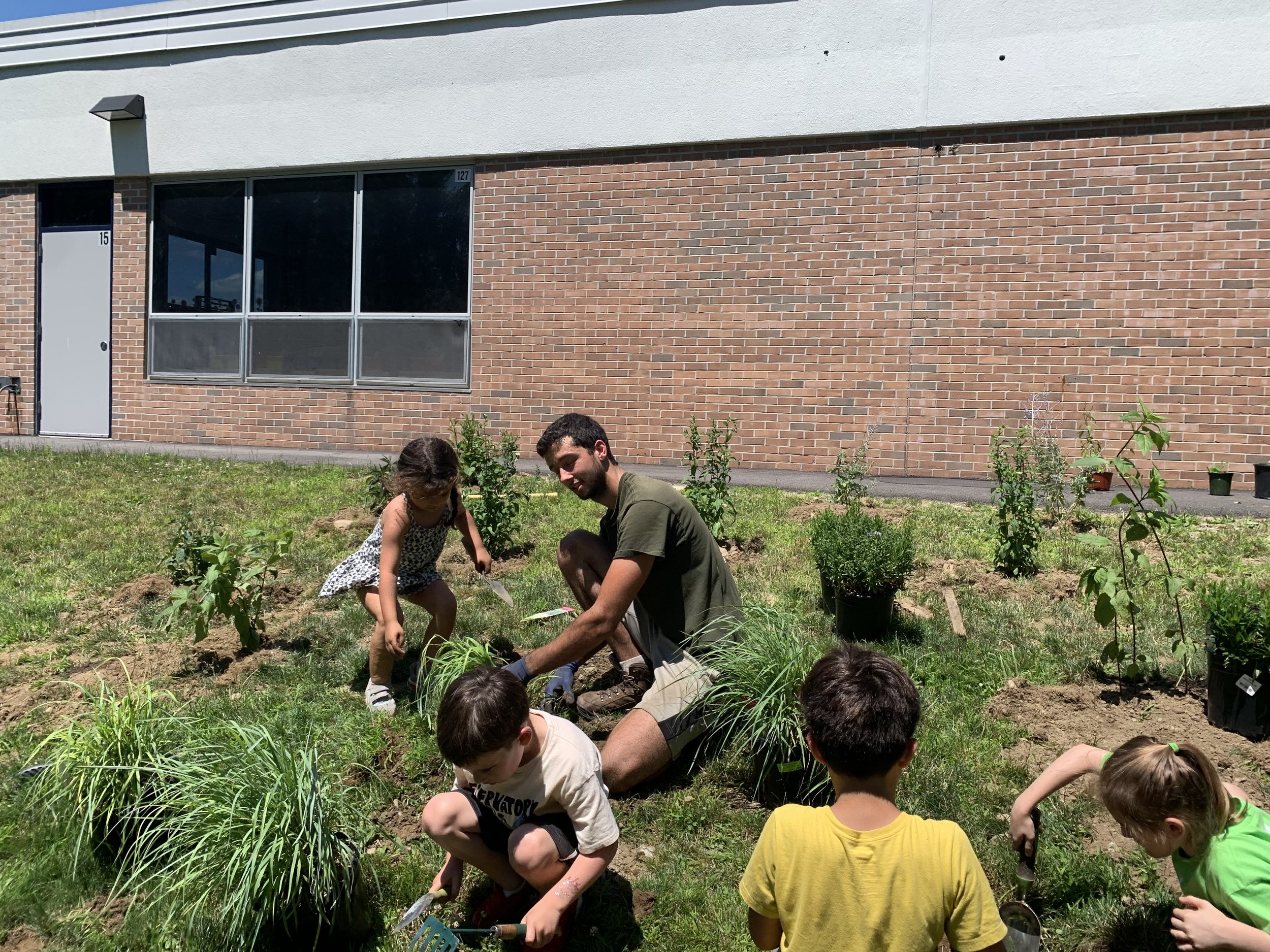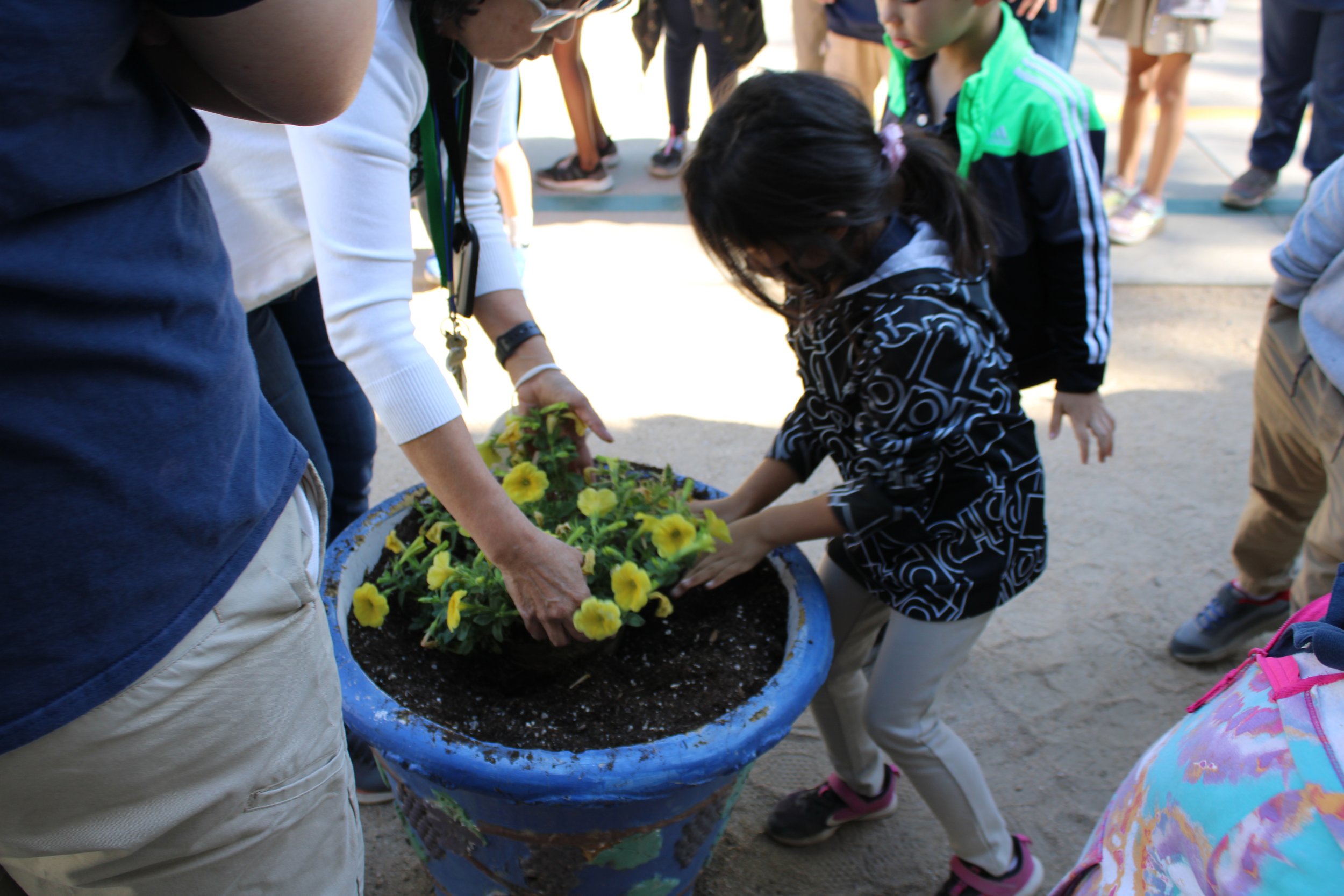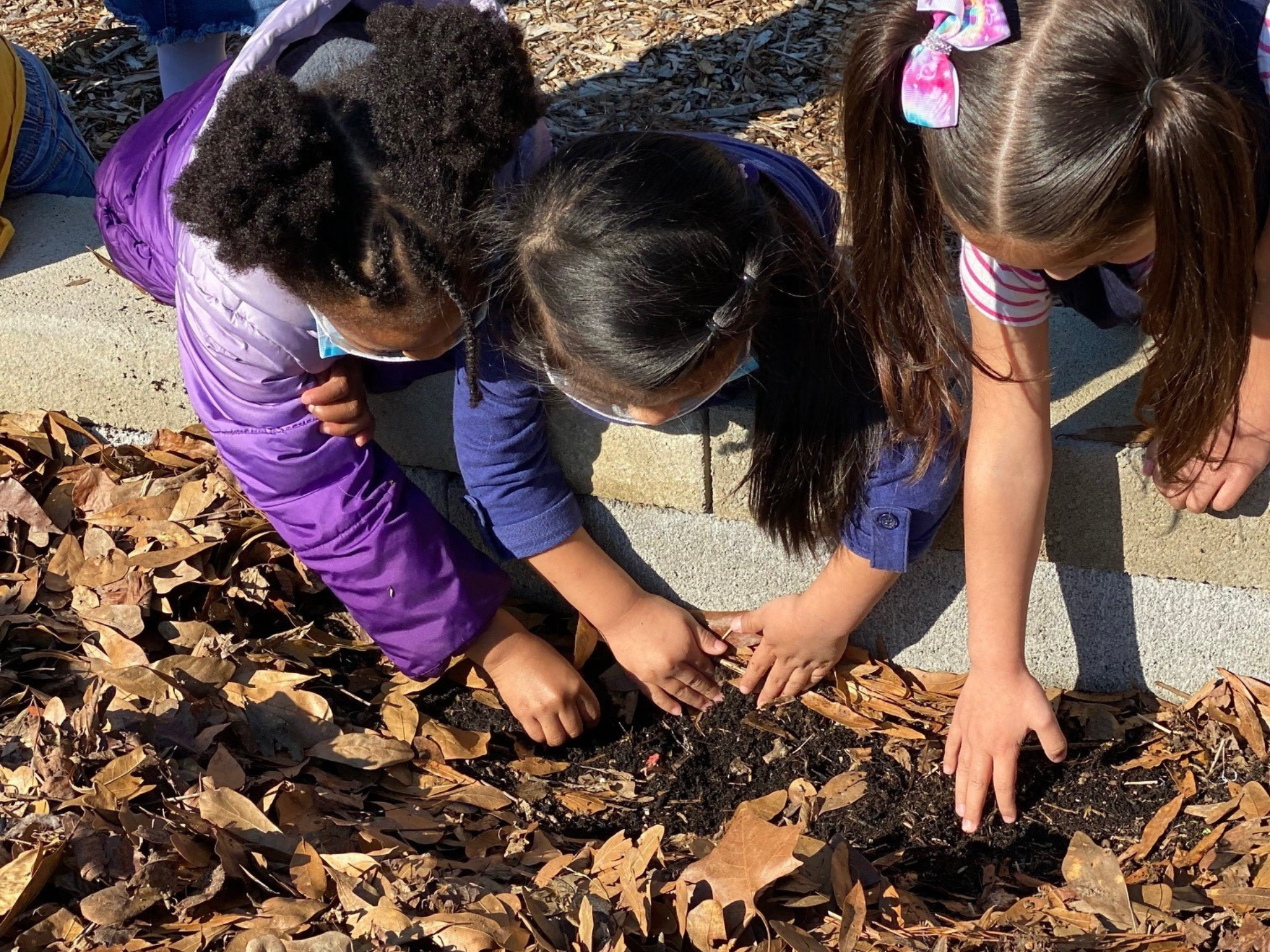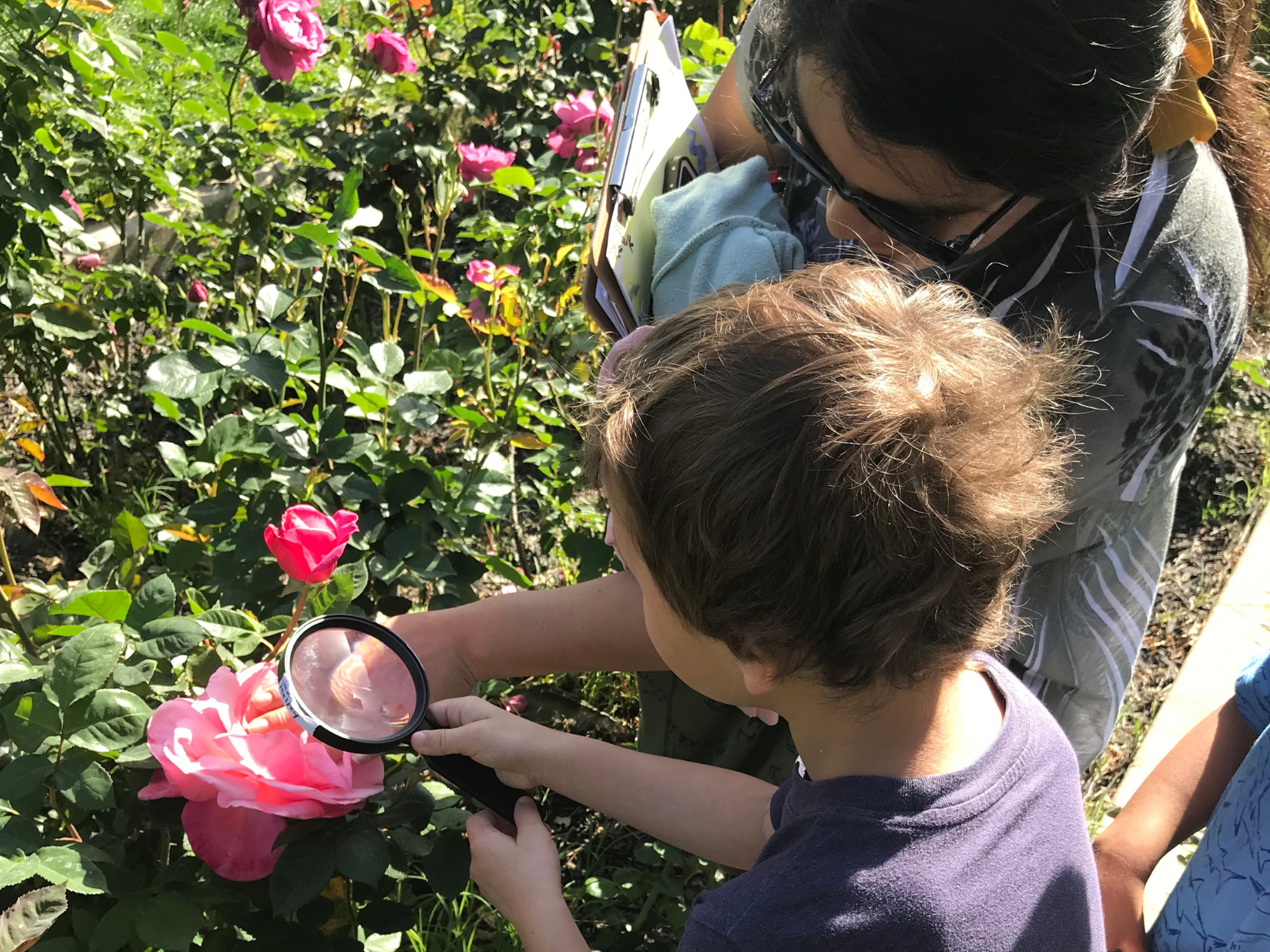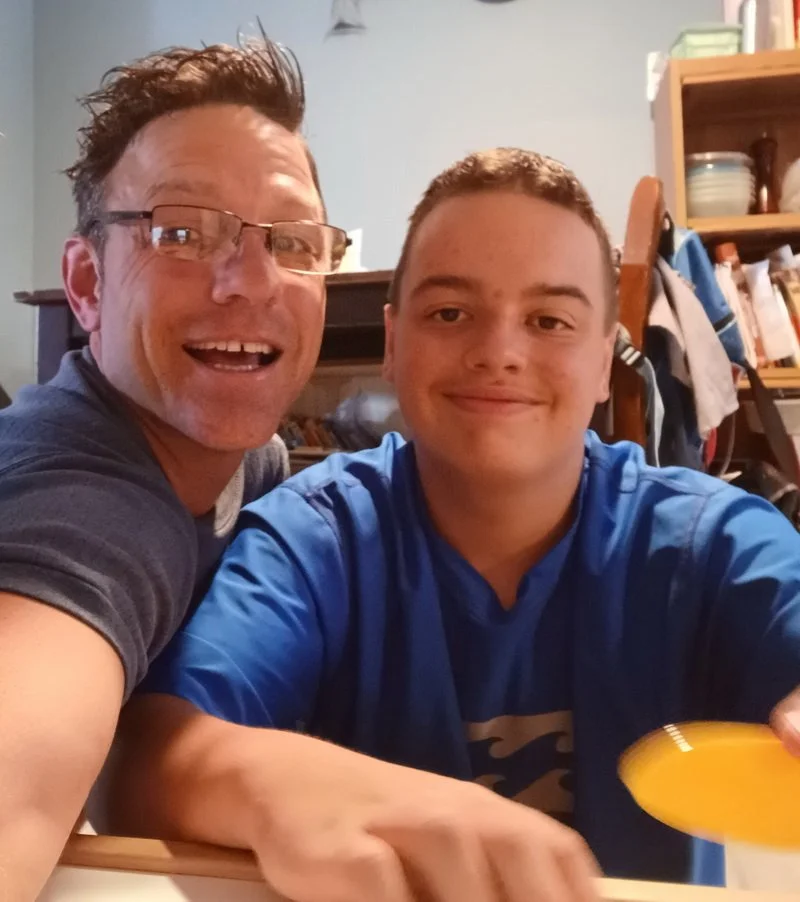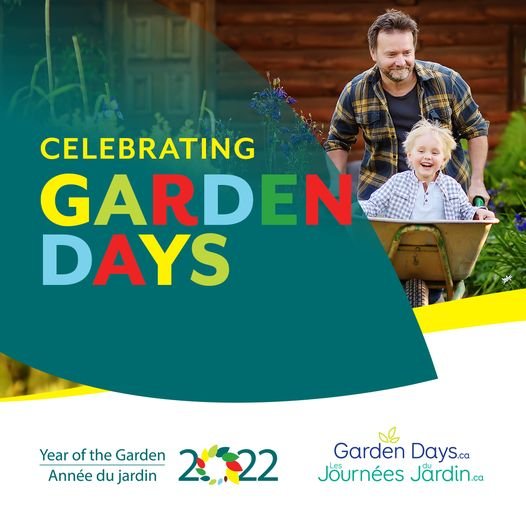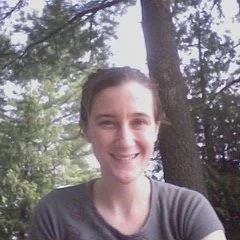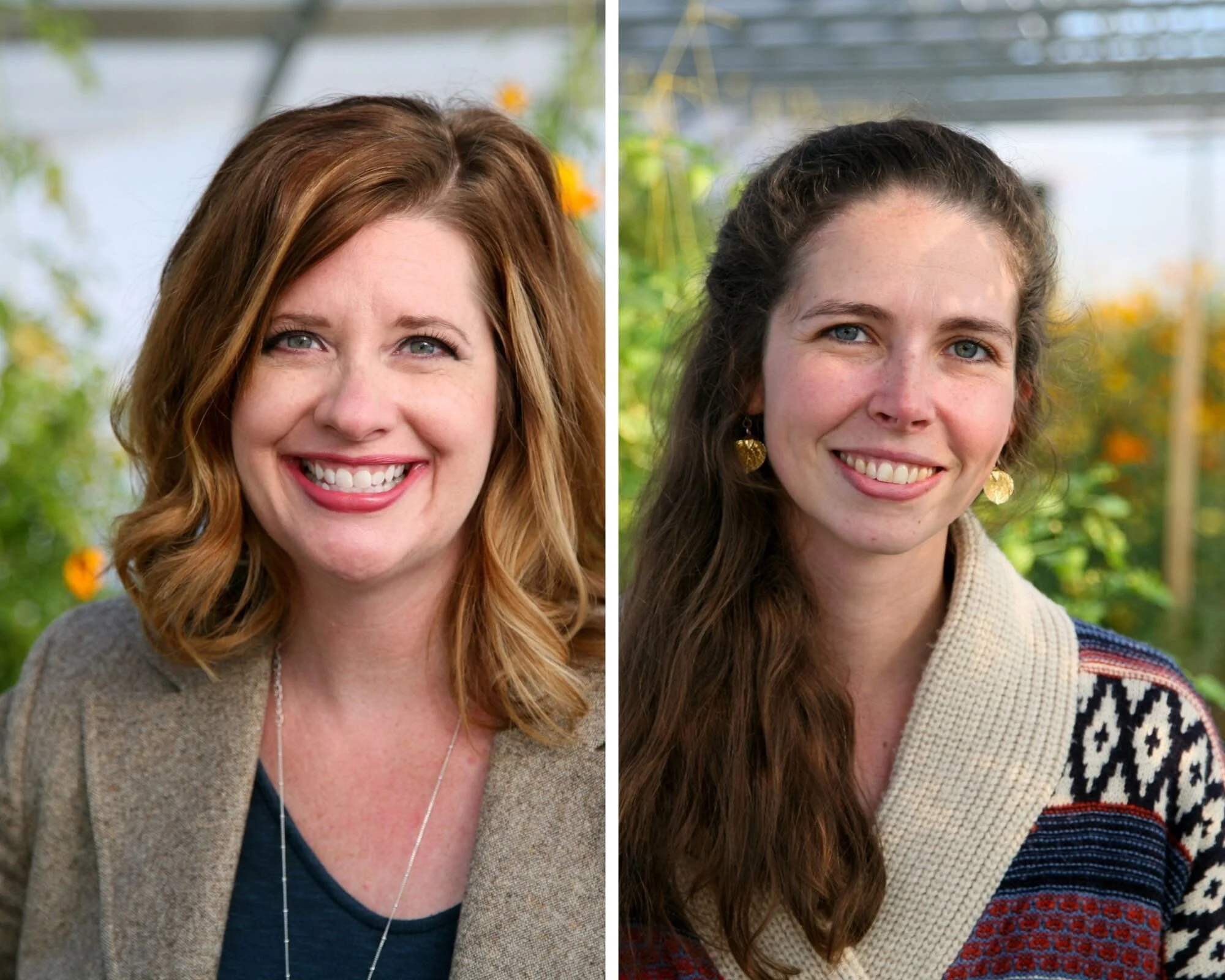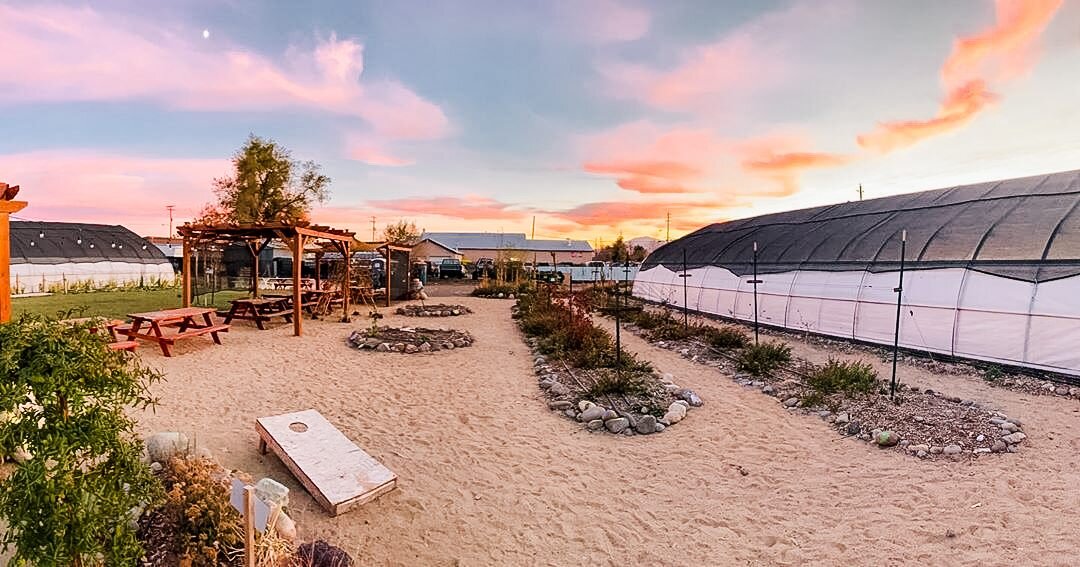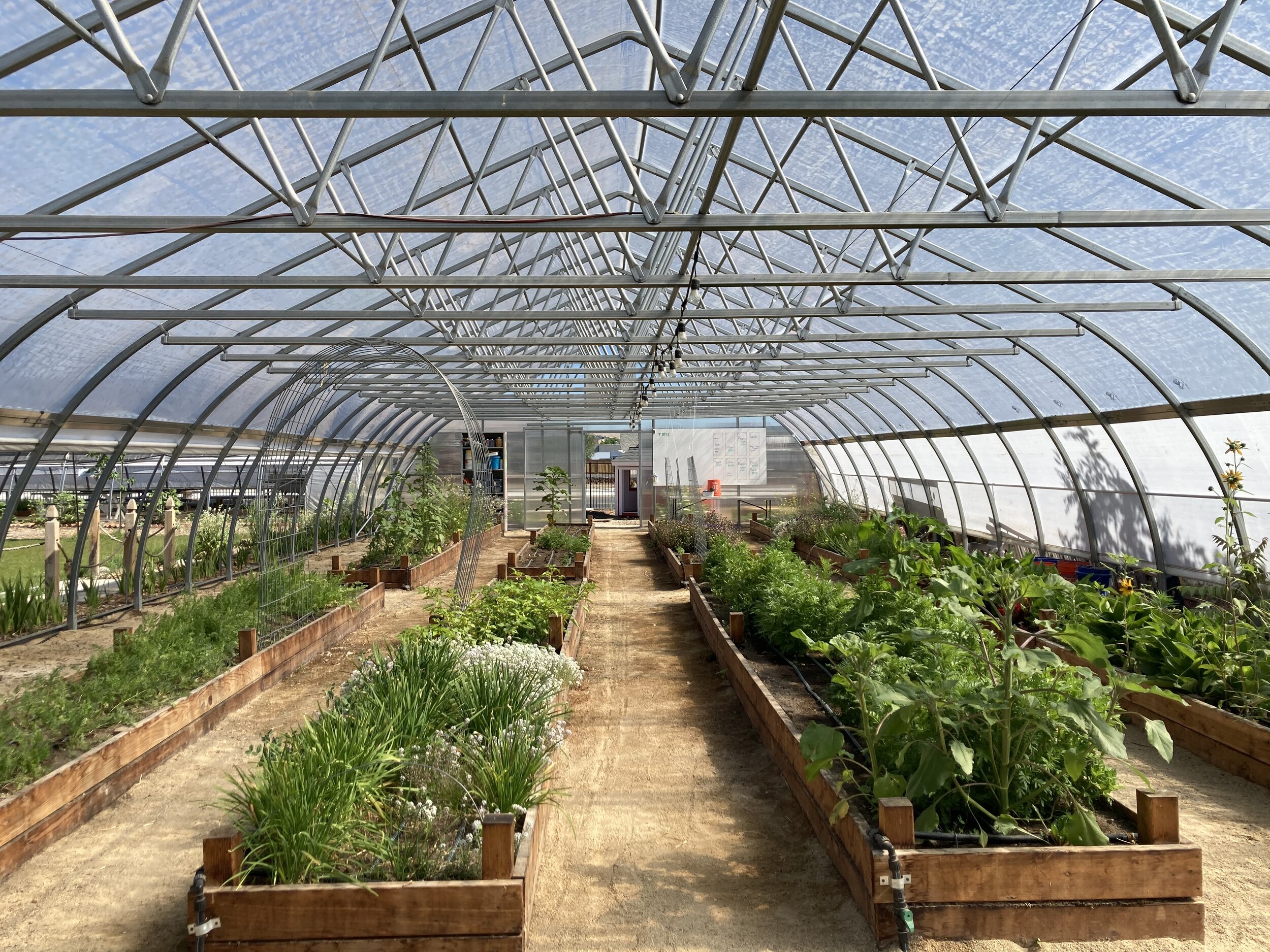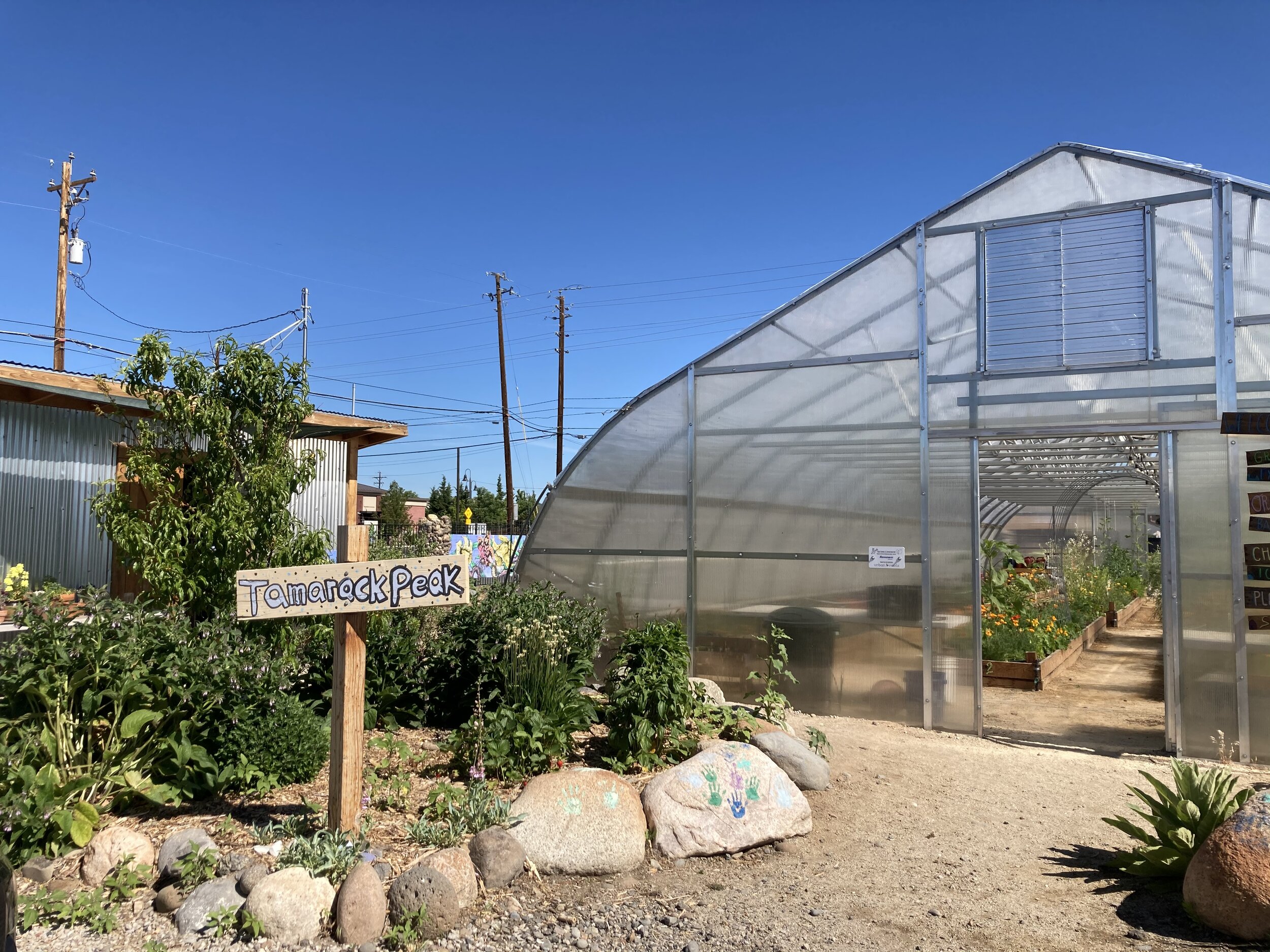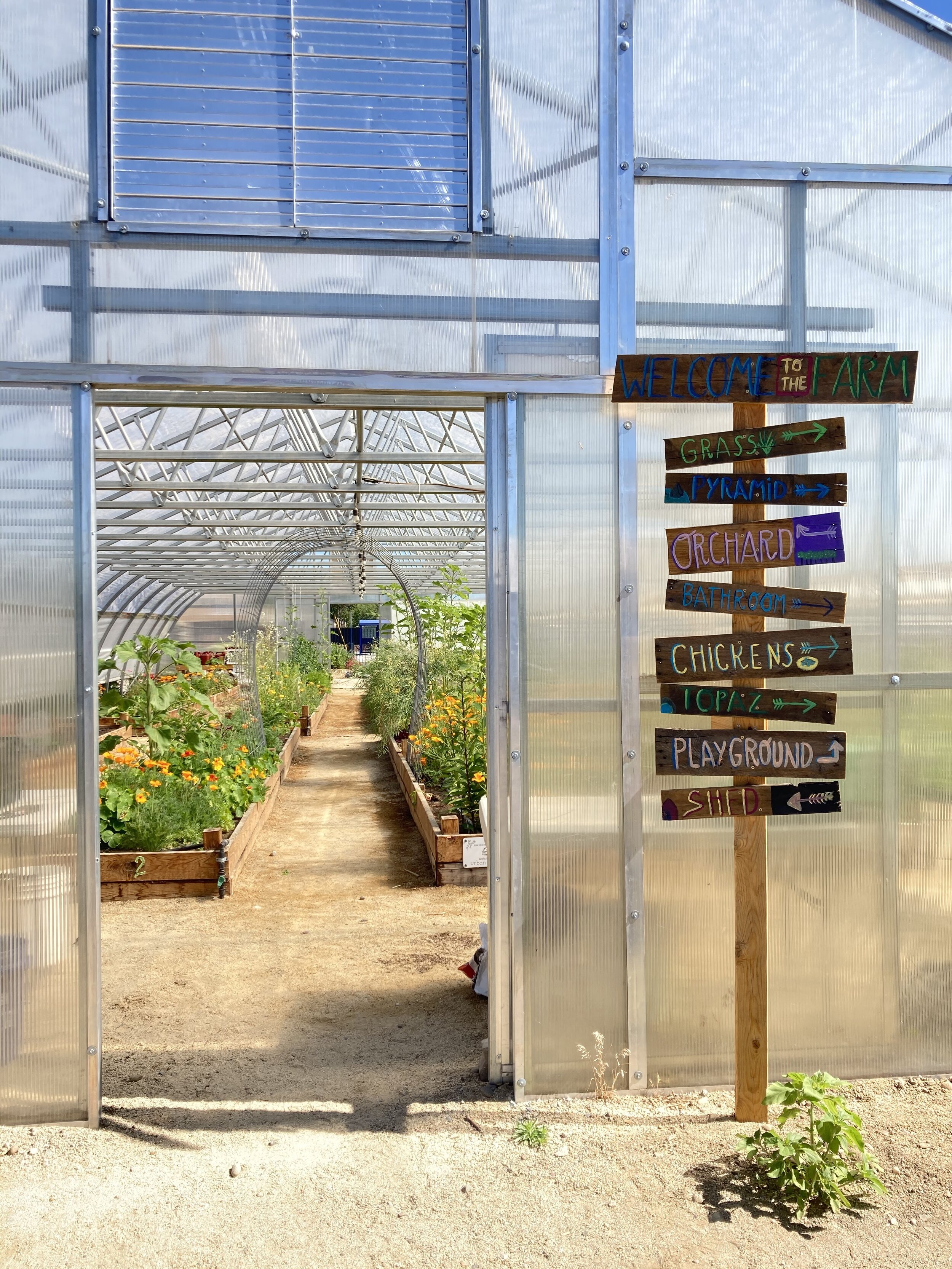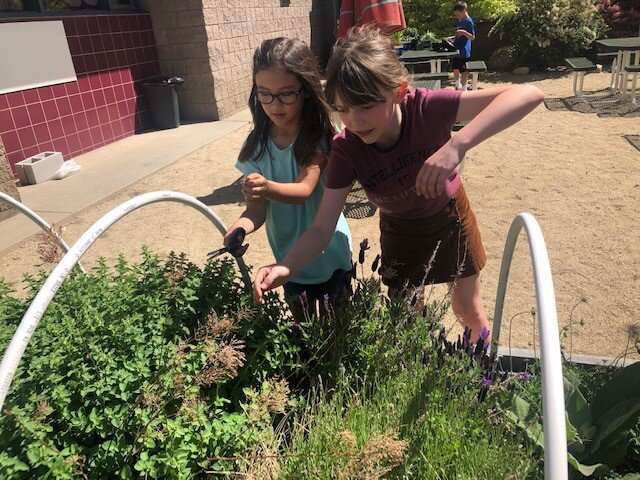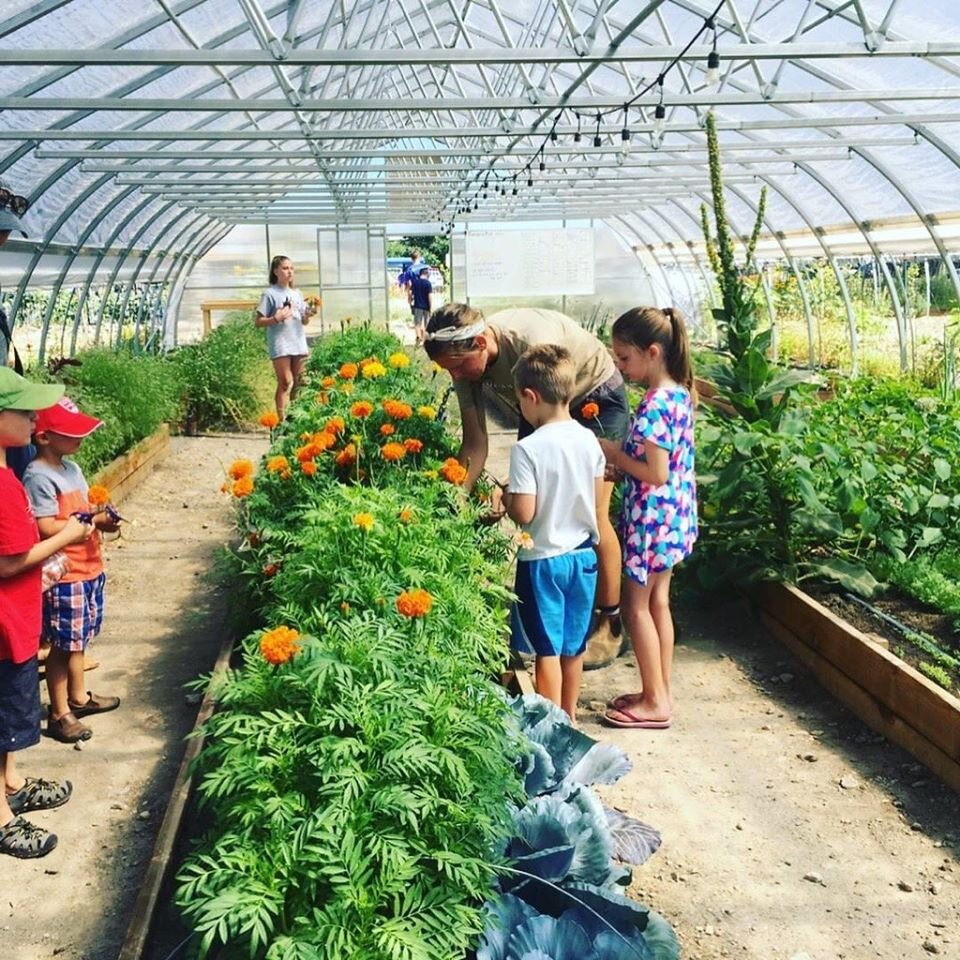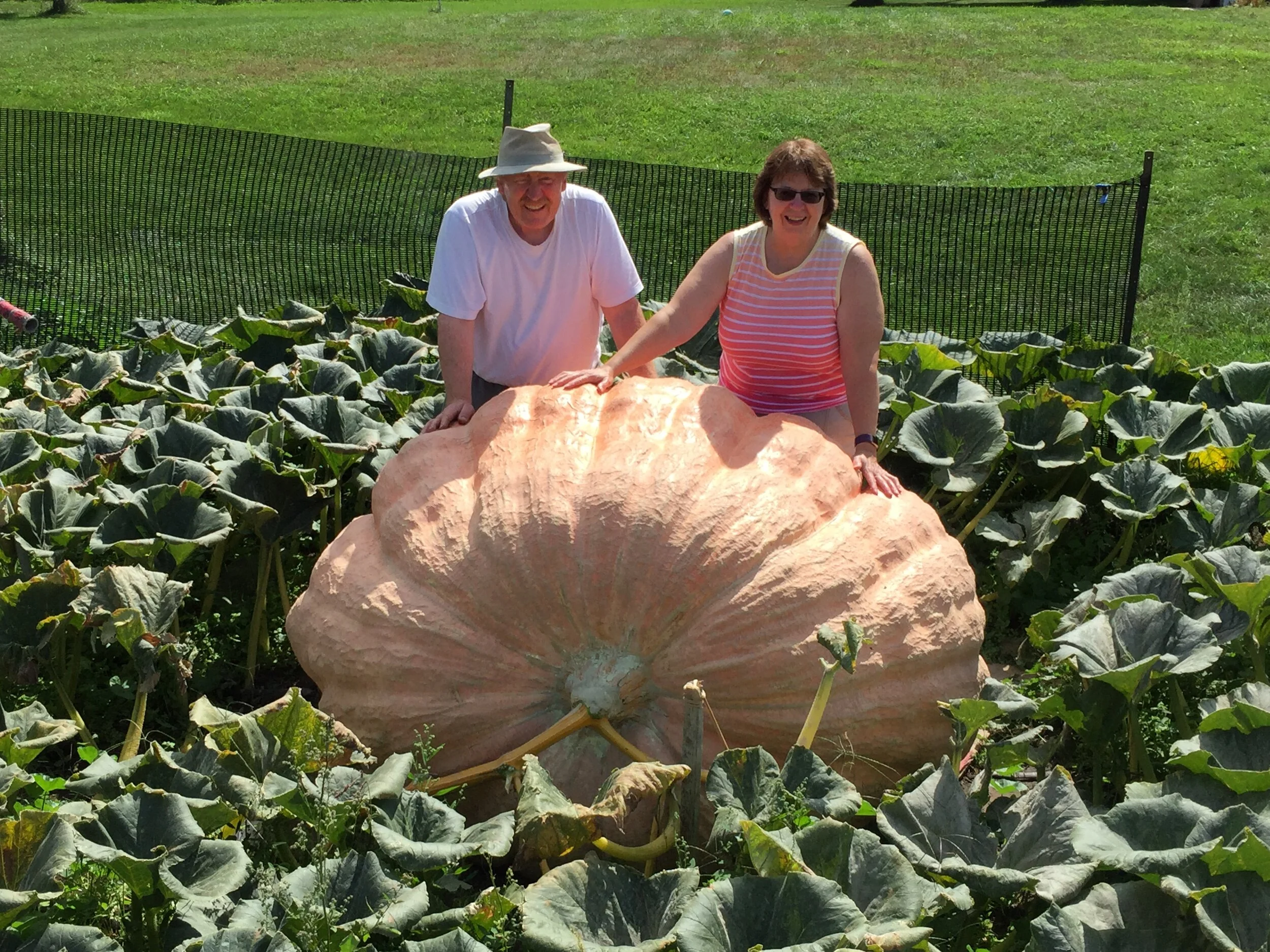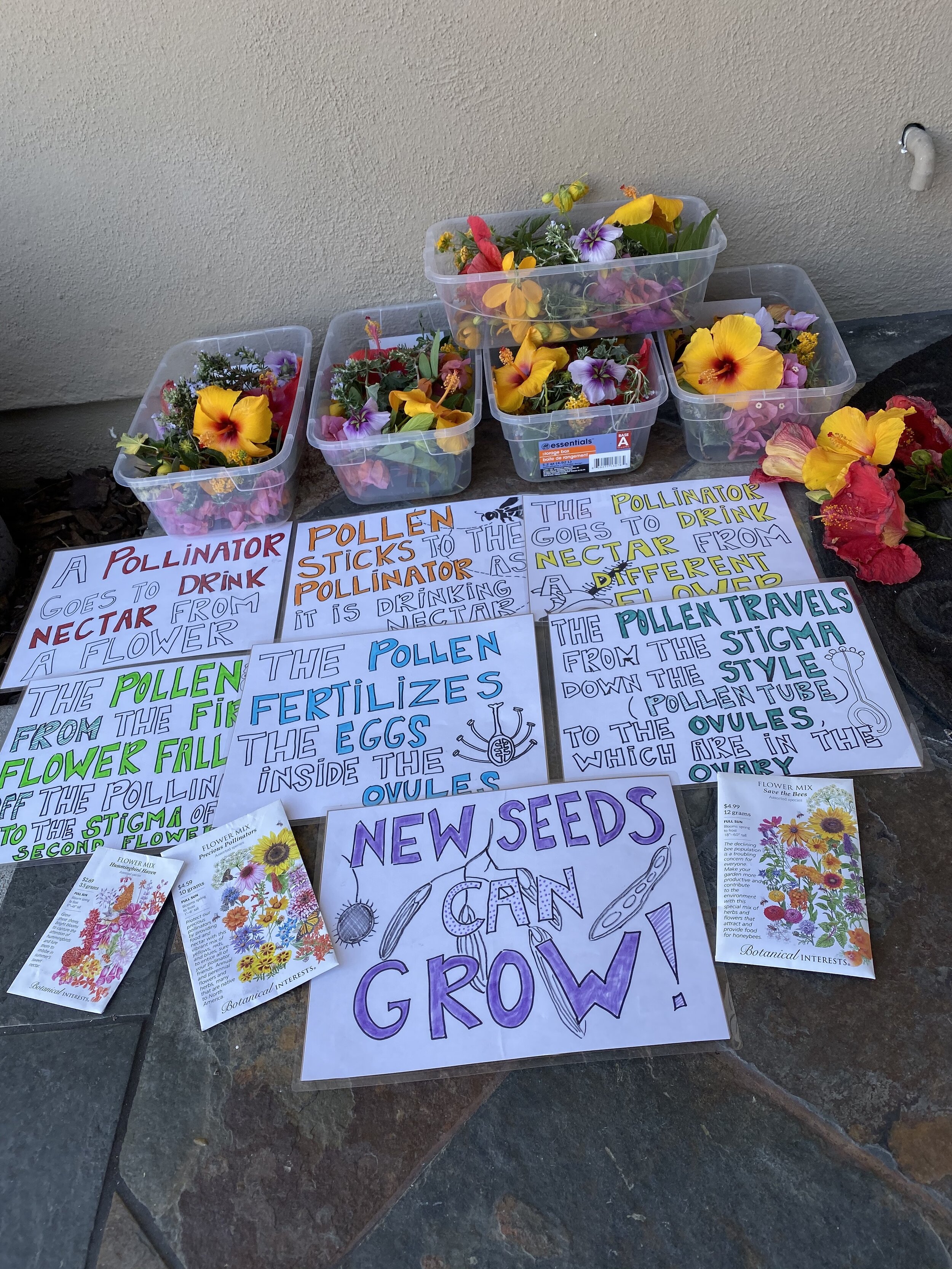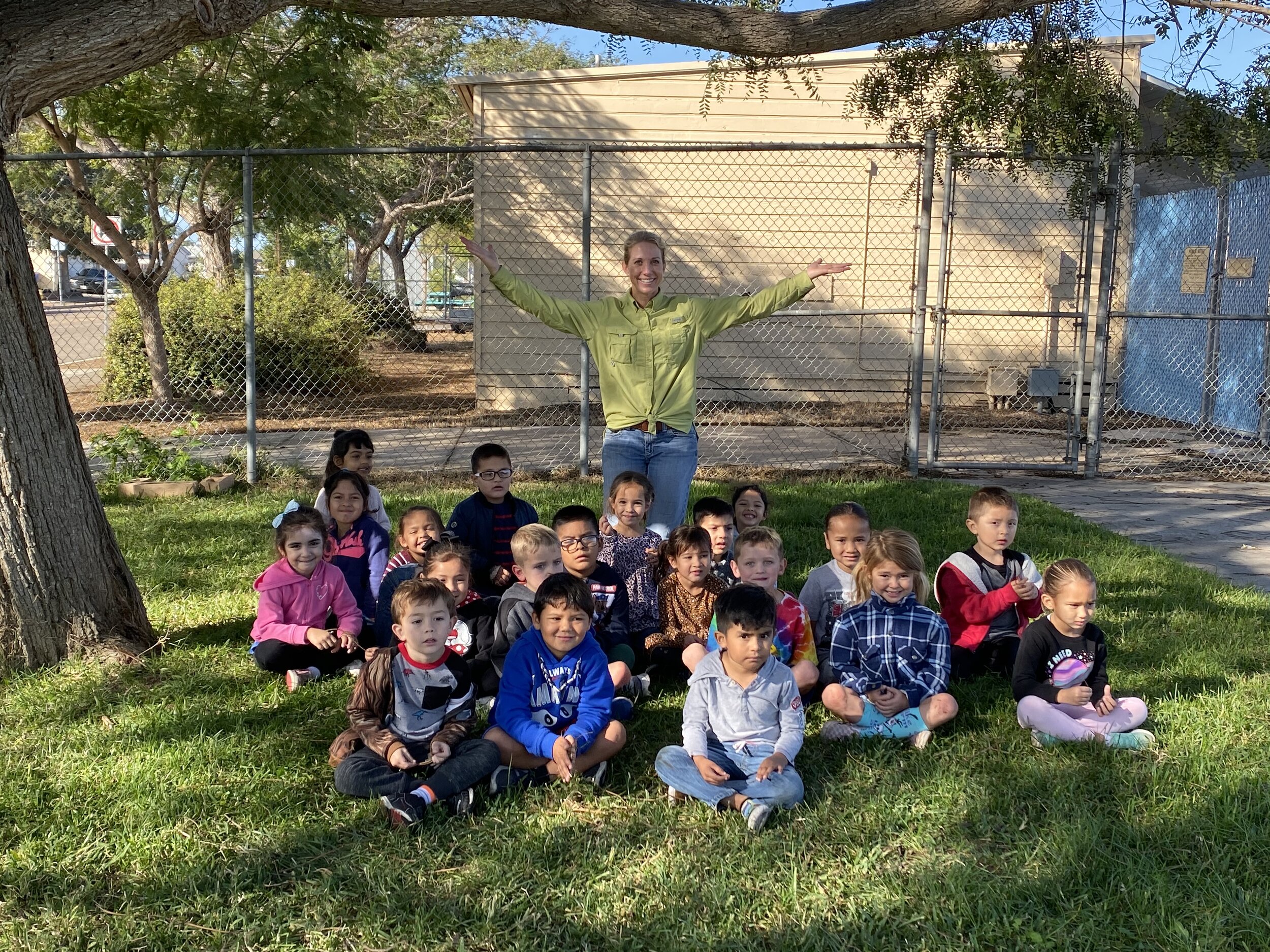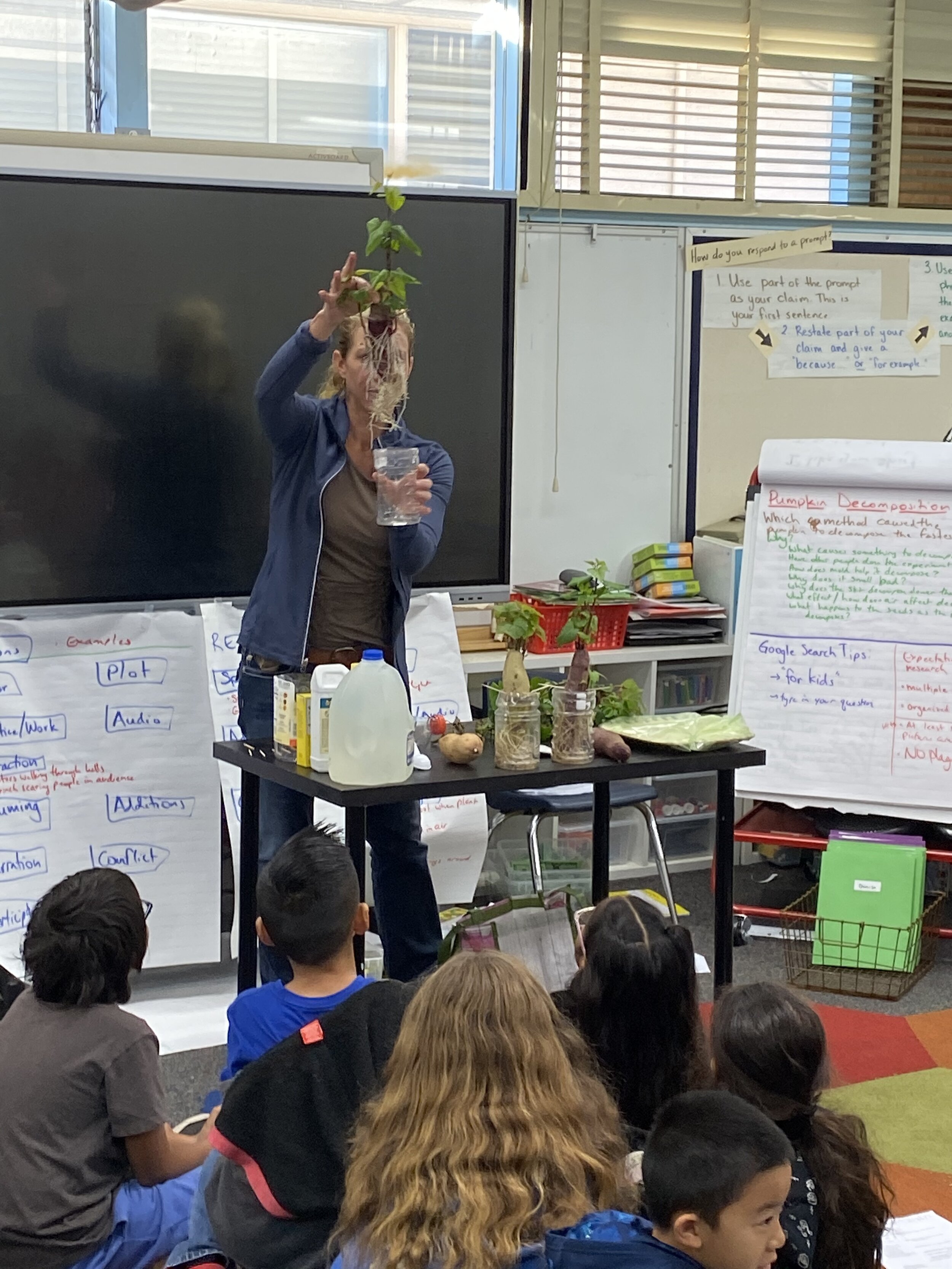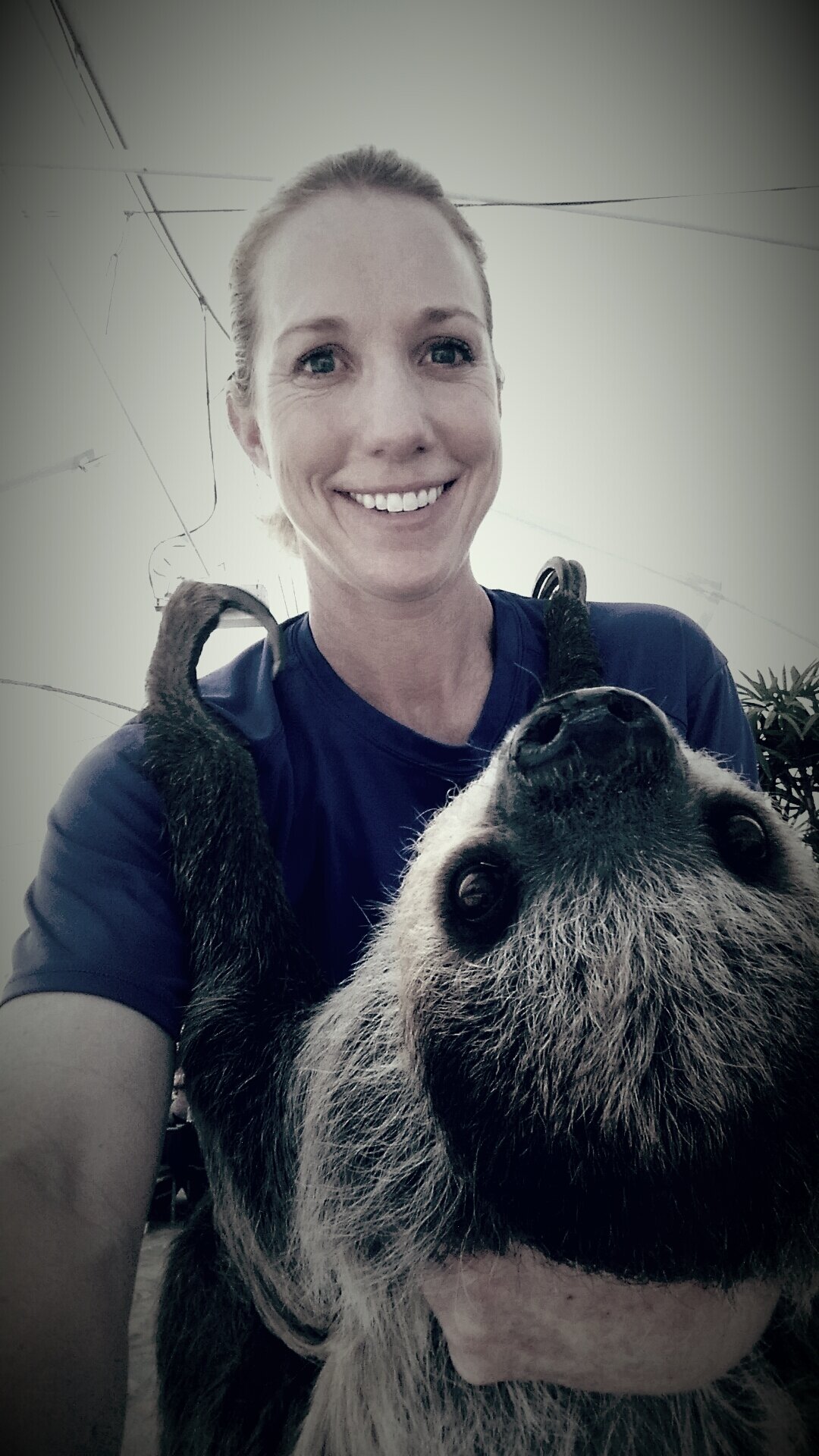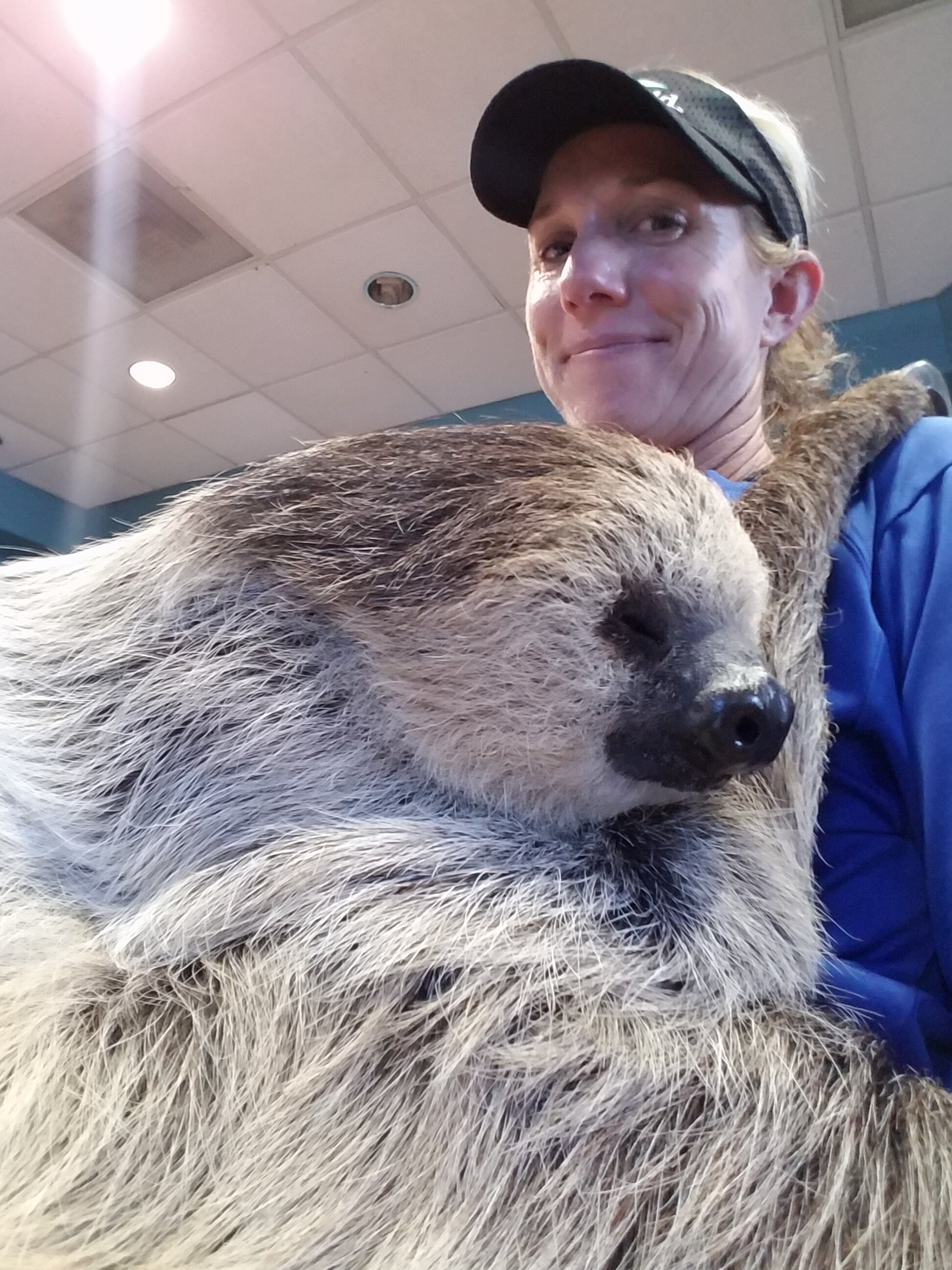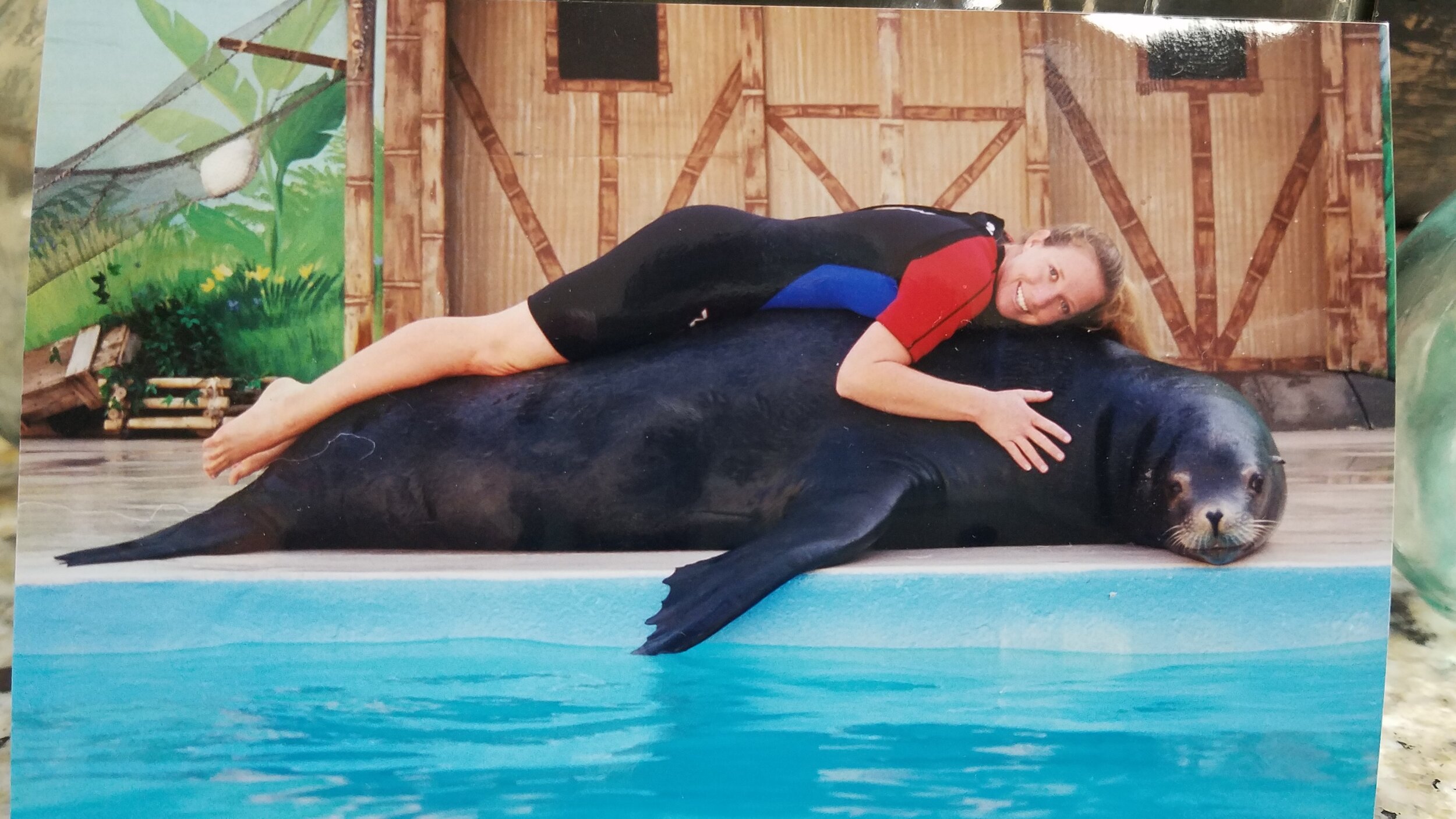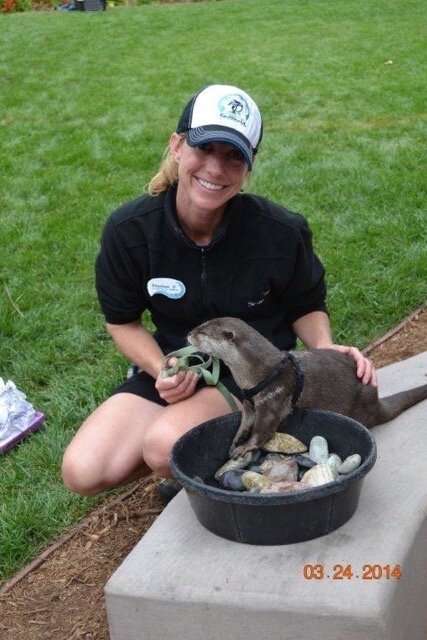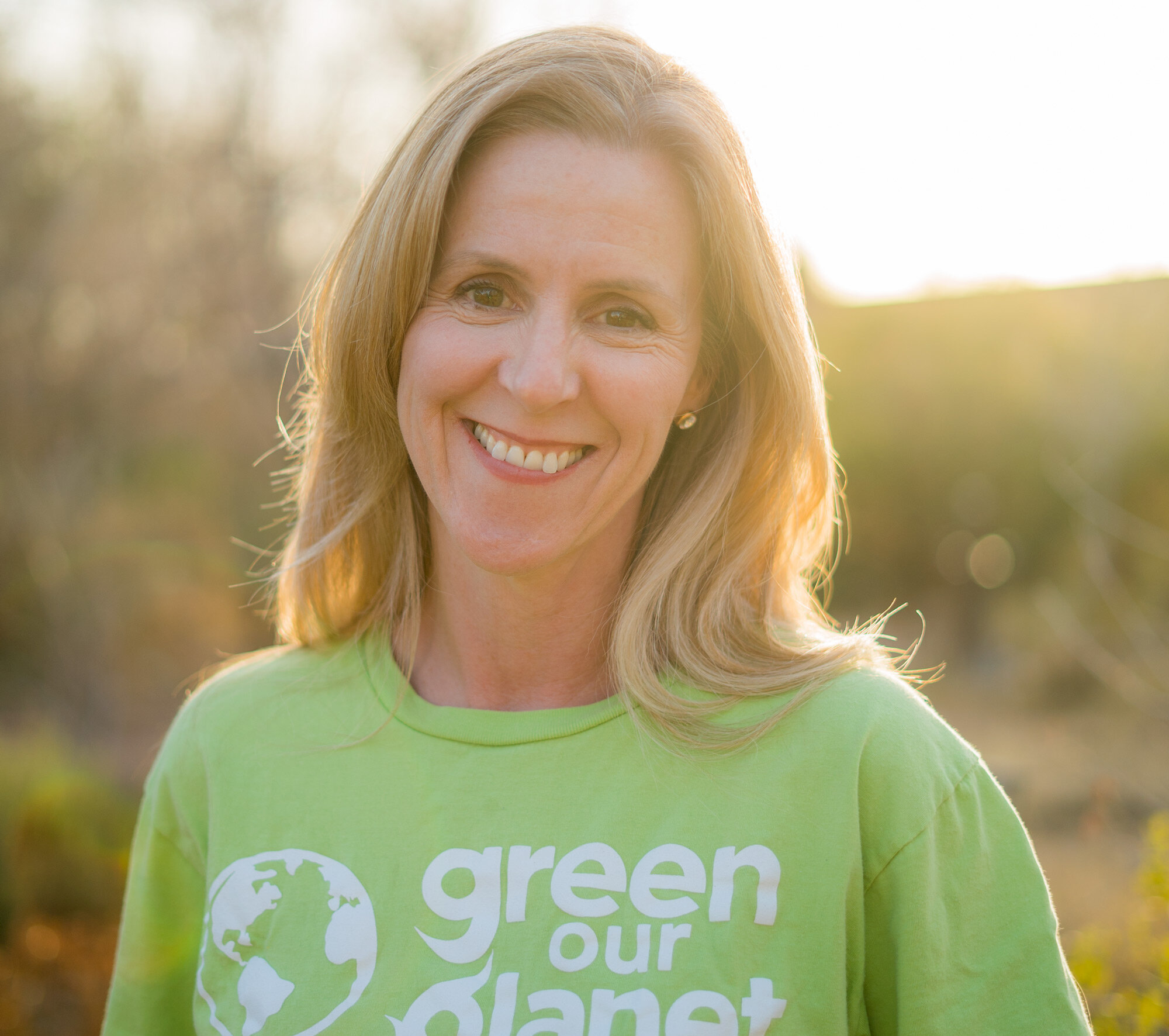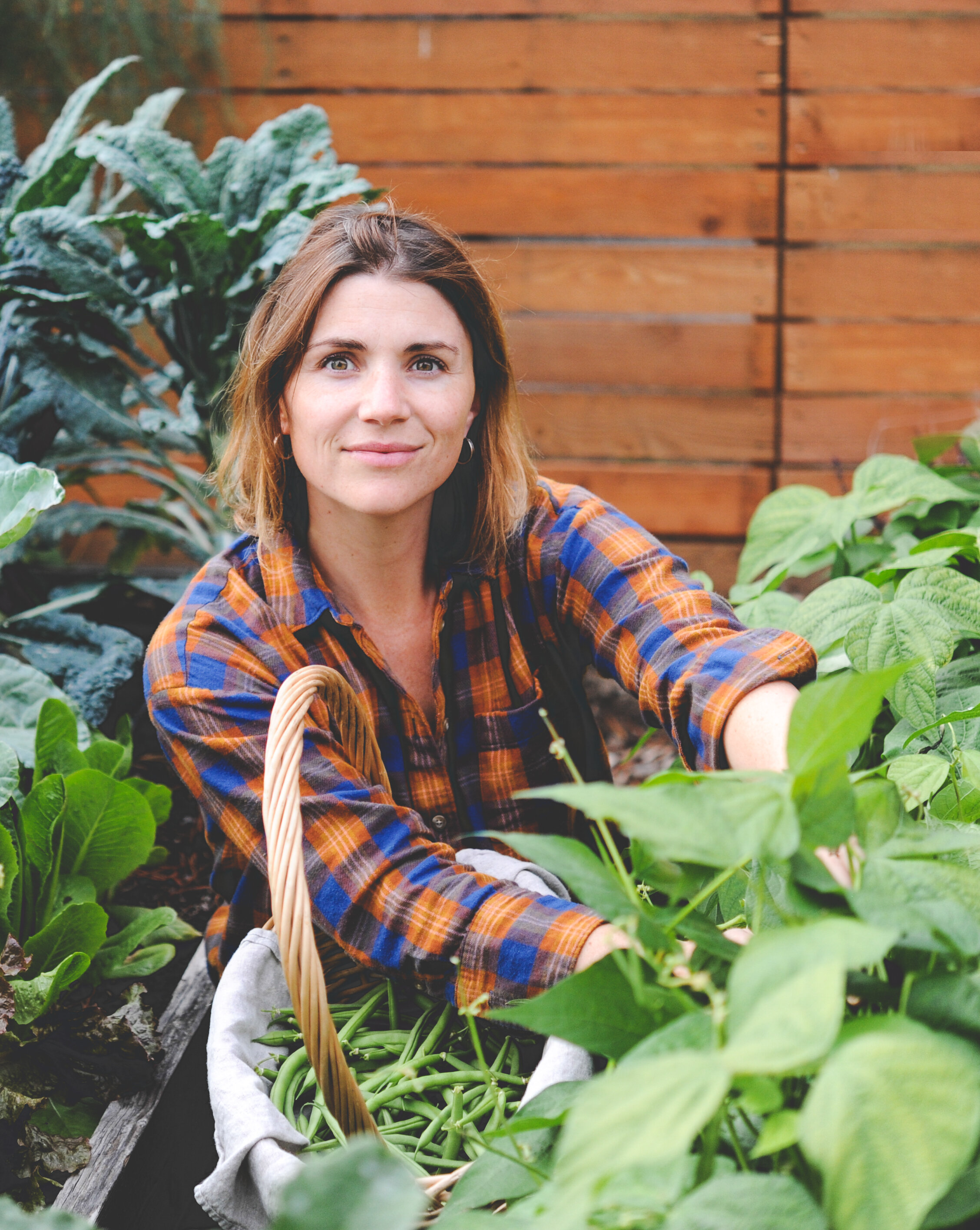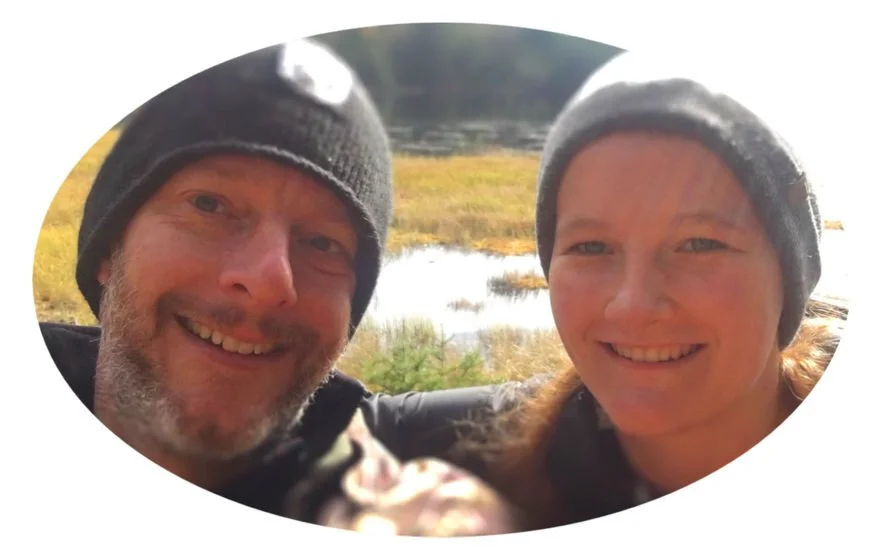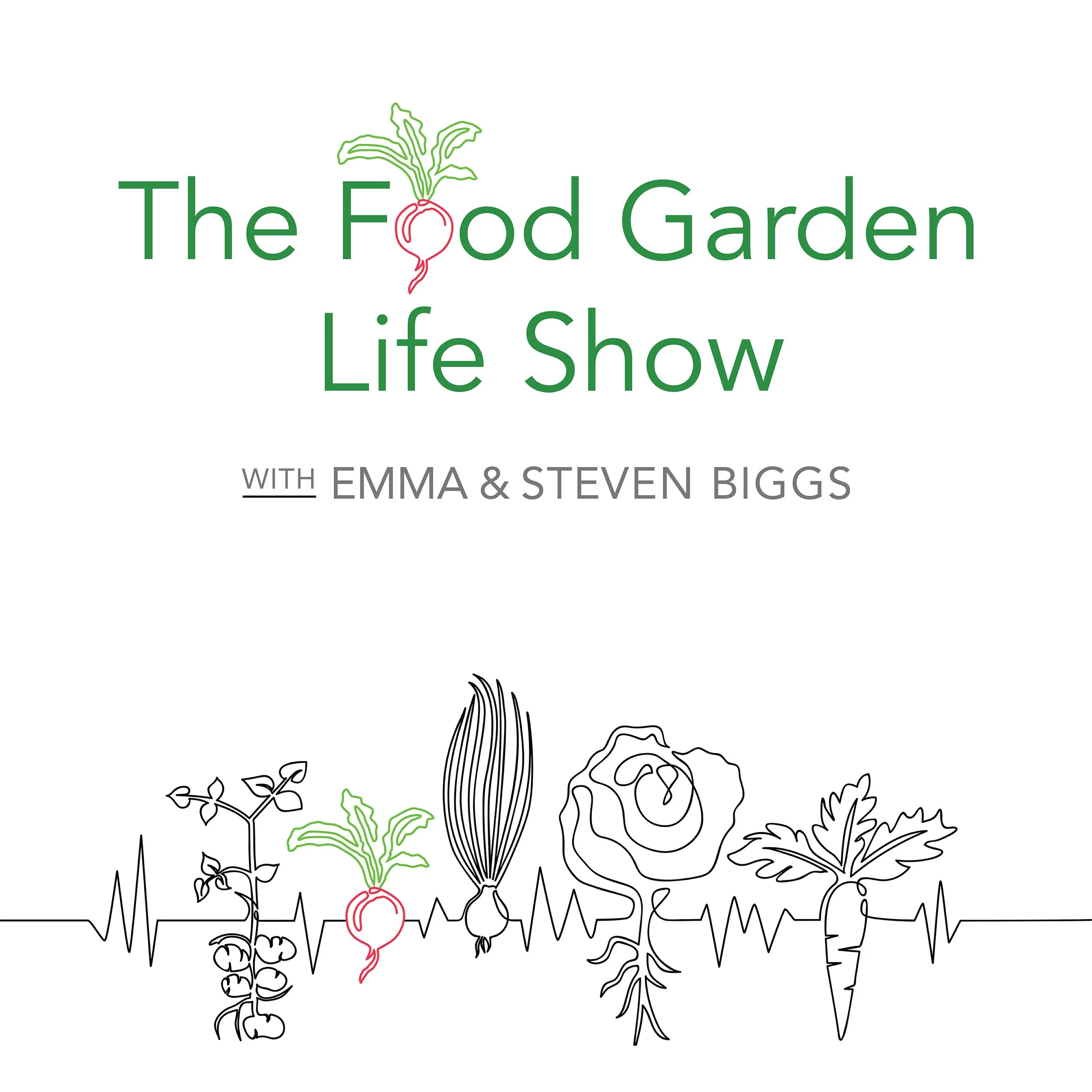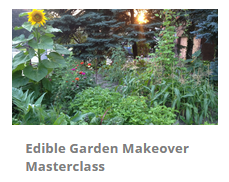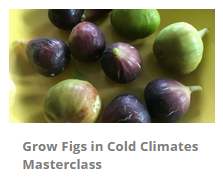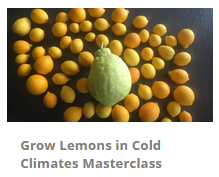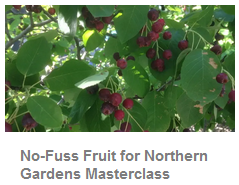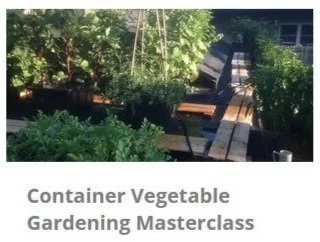7-Year-Old Certified Farmer Talks About Crops, Kids, and Insects
At 7 years old, Kendall Rae Johnson is the youngest certified farmer in the state of Georgia. She talks about her favourite crops and teaching other kids to grow food.
Youngest Certified Farmer in Georgia
We head to Georgia to chat with 7-year-old Kendall Rae Johnson and her mom, Ursula.
Kendall is the youngest certified farmer in the state of Georgia.
At her aGROWKulture Farm she grows her favourite crops and teaches other kids about gardening.
Kendall has been on Good Morning America, The Ellen Show, and Sesame Street.
Our own connection with Kendall is that we’re fans of the organization KidsGardening.. Emma and Kendall were both involved in an event that KidsGardening hosted last year.
Kitchen Scrap Gardening: From Avacado to Ginger to Citrus
Talking about kitchen-scrap gardening projects for kids with Em Shipman from Kids Gardening.
Grow What's in Your Kitchen!
In this episode, we head to Vermont and get great ideas for what we can grow right now, in early spring, using what’s in the kitchen.
We talk about kitchen-scrap gardening with Em Shipman, Executive Director at KidsGardening.
Em also tells us about Kids Garden Month, with lots of fun activities and prizes for kids.
Em Shipman, Executive Director of Kids Gardening.
We talk about:
Growing small seeds from the kitchen (e.g. citrus)
Growing large seeds (e.g. mango, avacado)
Growing roots and tubers and rhizomes (e.g. ginger, sweet potato)
Things for kids to do in the garden in early spring
More Kids Gardening Ideas
We have lots of fun kids gardening ideas for you.
Check out our kids gardening section, with plans for a bug vacuum, and Emma’s videos about how to grow crops for kids.
School Garden Kicks Off with Celebrity
Sonya Harris joins us to talk about school gardens, gardening with kids, and The Bullock Garden Project
Taking Math to the Garden
Sonya Harris’ from The Bullock Garden Project on bringing the garden to the classroom.
It started with a math lesson. A very boring math lesson.
Educator Sonya Harris was trying to get a concept to stick. And the thing that got it to stick was the garden.
A non-gardener, she saw how it could help kids take in ideas. But she wasn’t sure where to start once she got buy-in from the principal to make a garden.
So she did it with a fun celebrity event.
We talk about:
Launching the school garden with a “yard-crashing” event featuring an HGTV star
Bringing the classroom to the garden — and the garden to the classroom
Creating The Bullock Garden Project to help other educators start gardens
Funding the non-profit project with a for-profit seed company, Garden Teachers Yard
Resources for educators who want to incorporate gardening into the curriculum
Joining the board at KidsGardening.org
Connect
Bullock Garden Project: bullockgardenproject.org
Garden Teachers Yard: gardenteachersyard.com
Kids Gardening: kidsgardening.org
Want More on Gardening with Kids?
We have lots of inspiring interviews with educators, and a series of kids-gardening videos that Emma did when she was younger
Helping Kids Understand Light...with Skittles!
Darryl and Aden Nelson talk about gardening under lights and teaching kids about light.
Bringing Light to a Children’s Science Camp
We chat with Darryl Nelson and his teenage son, Aden, about light and gardening under lights.
Darryl and Aden tell us how they taught children about light at a children’s event at a local museum. (Spoiler alert: it involved colourful Skittles candy.)
Darryl is an avid food gardener — and his specialty is light. His business, Just Led Us, specializes in lighting.
The Garden Life and Mud Pies
Michel Gauthier and Cheney Creamer talk about living the garden life and The Year of the Garden.
Year of the Garden
2022 is The Year of the Garden here in Canada.
This year of celebration includes lots of ideas to help people weave gardens and gardening into their lives.
We chat with Michel Gauthier and Cheney Creamer about their weekly Year of the Garden invitations that offer people something simple to do in the garden.
Gauthier is the executive director of the Canadian Garden Council. Creamer is the chair of the Canadian Horticultural Therapy Association.
Anything that slows us down has to be good for us.” Michel Gauthier
Live the Garden Life
How do you weave gardening into your life?
Tell them about it by sharing your garden and what you love about gardening, and use the hashtag #yearofthegarden.
Ornamental Edibles, Hort Therapy, Kids Gardening
Talking about gardening in wind, horticultural therapy, ornamental edibles, and gardening with children with Charlie Dobbin and Perla Sofia Curbelo.
Charlie Dobbin and Perla Sofia Curbelo join us to talk about ornamental edibles, gardening in wind, horticultural therapy, and gardening with kids.
Today we talk about wind tunnels, horticultural therapy, landscaping with edibles, and gardening with kids.
Our guests today are professional garden educators who have an infectious love of gardening.
We start in Prince Edward County in Ontario, chatting with consultant and horticulturist Charlie Dobbin about using edible plants in ornamental gardens, gardening in windy areas, and birds in the garden.
Then we head to Puerto Rico to chat with Perla Sofia Curbelo about horticultural therapy, gardening and wellness – and about gardening with kids!
Making Change One Garden at a Time
Emily Murphy talks about gardening for community, health, and the environment; and Sunday Harrison talks about making change through urban school gardens.
Sunday Harrison from Green Thumbs Growing Kids talks about urban school gardens. Author Emily Murphy talks about her new book Grow Now.
Grow Now
Emily Murphy believes individual gardeners doing small things can add up to big change.
Murphy is a garden designer, educator, and author with a background that includes botany, ethnobotany, environmental science, and ecology. It gives her a unique vantage point to teach people about gardening and the environment.
Murphy is the creator of the website passthepistil.com, and author of Grow What You Love, 12 Food Plant Families to Change Your Life.
She shares ideas from her new book is Grow Now: How we can save our health, communities, and plant – one garden at a time. In it, Murphy looks at how individual gardeners can make change positive change in the world.
Green Thumbs Growing Kids
Sunday Harrison gets city kids gardening. She’s with Green Thumbs Growing Kids, which gives hands-on garden and food education to urban school kids.
Along with school gardens, she talks about microgreens, a fast maturing crop for kids. And a new project is kids growing trees from seed — trees that will line Toronto streets.
Since Harrison joined us on the show a year ago to talk about school gardens, demand for school gardens has been huge.
School Food Gardens Open Career Horizons
Allison Eady from Waterloo Region School Food Gardens talks about garden-based learning and introducing students to the food system
Garden-based learning: Growing seeds, growing communication skills, opening career horizons.
The Wateroo Region School Food Gardens project has built 35 school gardens, touching 20,000 students in this region of Ontario.
Allison Eady, program co-ordinator, explains that it provides information and curriculum ideas to educators, grants for school gardens, and direct programming for youth.
Garden-Based Learning
Eady sees school gardens as an opportunity for teaching more than gardening. She says garden-based lessons can be used for many subjects, including art, math, and science.
Launch a School Garden
“The best chance for success is when there’s a network of people who support it,” says Eady as she talks about successful school gardens.
She says it’s important to find allies in the community, whether it’s organizations or community members. That’s because school populations change fairly quickly: kids (and parents) move on, and staff are shuffled between schools. That makes the stability of community support important for the long-term success of a school garden.
Eady says not to worry about being a garden expert when starting a school garden. “It’s about figuring it all out together,” she says.
Youth Programming
During the COVID pandemic Waterloo Region School Gardens has pivoted to provide more direct programming for youth, including career mentorship and student-run markets.
Another initiative helps youth explore food-related topics of interest to them. Youth research a topic, and then create blog posts or videos to teach other youth, with the support of program staff. The video below is an example.
Urban Farm Camp for City Kids
Urban Roots in Nevada uses gardening as a lens for teaching many other topics
Today on the podcast we head to Reno, Nevada to hear about Urban Roots, an organization that uses garden education to help change the way people eat. It takes gardens to classrooms…and uses the garden as a classroom at its urban teaching farm.
Fayth Ross and Elsa DeJong talk about the summer farm camp, programming for home-schooling families, and collaborations with local schools.
Farm Camp
During the summer and school breaks, Urban Roots runs programming for children at its urban teaching farm.
DeJong explains that there is a different theme each week. Themes include:
A bug’s life
Once upon a farm
All about bees
Woven into this farm camp curriculum are literature, art, engineering, music — and cooking.
Farm School
This program for home-schooling families takes place twice a week during the academic year, and includes lessons, games, and farm chores.
City Farm School
Jackie Martin talks about City Farm School in Montreal.
Jackie Martin from City Farm School in Montreal talks about the urban-agriculture apprenticeship program.
Today on the podcast we head to Montreal to hear about City Farm School, an urban-agriculture apprenticeship program.
Jackie Martin, a co-ordinator with City Farm School, explains that this not-for-profit program uses space provided by Concordia University. In addition to greenhouse space on the 13th floor of a downtown building, the “farm” is located at the Loyola Campus, in a residential neighbourhood. She says that the market garden is roughly the size of a soccer field — and there’s a medicinal-plant garden too.
Apprenticeship Program
The program, which is open to anyone in the community, has two streams: a market-gardener apprenticeship and a medicinal-plants apprenticeship.
The program begins in the greenhouse in March, sowing seeds for transplants for the farm and for a plant sale. In May, students begin transplanting and seeding at the market garden.
The community market opens in June. Students take part in harvesting for market, preparing produce for market, and staffing the market. Later in summer students save seeds for the following year.
Before graduating students are expected to teach a free workshop that is open to the public. Martin says that past topics have included seeding, fermentation, and pest control — with some of the more memorable topics being herbal medicine for pets and edible weeds.
Community Outreach
The weekly market has been an important way to connect with the community. “Our neighbours are our biggest supporters, and always have been,” says Martin. She explains that many of their neighbours now grow their own kale, after she sent them home from market with their own kale seed. It’s not a move that increases kale sales — but it’s in keeping with their mandate to encourage gardening in the city.
Martin says former students have gone on to become farmers, teachers, and community organizers. Many of the organizations they now partner with were created by former students.
City Farm School Documentary
Watch this 3-part documentary about City Farm School that was made by a former student.
Youth and Gardening
The theme of the today’s show is youth and gardening.
Vivien Wong, 15-year-old gardener and garden blogger
The theme of the today’s show is youth and gardening.
We speak with 15-year-old gardener Vivien Wong in New York State, who fills her small suburban yard with fruit and vegetables. She has been documenting her gardening journey with the goal of inspiring other teens to grow their own food.
Along the way, she won a prize at the fair!
“Anyone can grow their own food if they get some tips from other gardeners.” Vivien Wong
The Seed
Wong’s interest in gardening started in a fourth grade classroom. After the class grew plants from seed, every student was able to take home a plant. She chose a beefsteak tomato—and hasn’t looked back.
She has found inspiration on Instagram. “As soon as I joined Instagram, I discovered a whole new community of gardeners,” she says.
Kids Gardening
In the second half of the show we chat with Em Shipman, Executive Director of Kids Gardening, a not-for-profit organization with a mission to get kids gardening.
“It’s our job and our passion to support those people that we know are working really hard to provide important, meaningful education opportunities for kids,” says Shipman.
The Kids Gardening website has lesson plans, ideas for activities, and information about grants for community and school gardens.
Her top tips for people new to gardening with children and youth:
Start small. If you haven’t gardened before, a few plants in pots might be a suitable start.
Keep expectations low because learning happens even when it’s not visible.
Things might not go as planned…but that’s an opportunity to learn and to ask questions.
Green Thumbs Growing Kids
We chat with Sunday Harrison, the founder and executive director of Green Thumbs Growing Kids, a Toronto non-profit organization that provides hands-on garden and food education to urban school children.
How it Started
Harrison says that she started the program as an after-school program in a local Toronto park, but after hearing students say, “I really want a garden at my school,” she began to partner with local schools.
Now in its twenty-first year of operation, the program has grown to include placements for post-secondary students, many of whom get their first exposure to gardening.
Her top tip for those thinking of starting a program: “Start small and do it well.” She says that this attracts other people.
The Disconnect between Gardens and the School Year
She finds that one of the key challenges with school gardens is that there is a disconnect between the school year and summer gardening season. That means that there is often nobody to look after school gardens over the summer.
Green Thumbs partners with community organizations over the summer so that the gardens are in continuous use.
On Garden Education
Harrison feels that the education system places a lot of emphasis on memorization. Having gardens rounds out the education experience because gardens teach students how to observe.
Community Compost Exchange Program Makes Food Accessible
Paige Lockett from PACT talks about garden-based experiential learning.
We chat with Paige Lockett, the director of operations for The PACT Urban Peace Program in Toronto about garden-based experiential learning for at-risk you and about a Community Compost Exchange Program.
Garden-Based Experiential Learning
Through its Grow to Learn partnership with the Toronto District School Board, PACT provides experiential garden-based learning at three gardens and one orchard located on school properties.
The gardens are used to teach subjects as diverse as English as a second language to carbon sequestration. Lockett says that the vermicomposting program is especially popular.
Community Compost Exchange Program
The community compost exchange program provides participants with bags in which they can contribute home kitchen waste for composting. In exchange, they are given “PACT dollars” that can be used to purchase fresh produce at the PACT produce market.
REWIND: Growing Giant Pumpkins and Giant Tomatoes
Phil and Jane Hunt
In this interview that first broadcast live on the radio show in 2018, we chat with Phil Hunt from the Giant Vegetable Growers of Ontario (GVGO) about growing giant pumpkins and giant tomatoes.
Hunt and his wife, Jane, grow giant vegetables near Lindsay, Ontario.
We first spoke with them when they shared giant-pumpkin-growing tips for our book Gardening with Emma. After seeing them on the news in 2018—for growing a record-breaking giant pumpkin—we invited them onto the show to share tips.
After showing their giant pumpkins at competitions, they collect seeds from them, and then put them on display on their front lawn when neighbours can see them. Hunt says they carve the pumpkins for Halloween—and there are local children who have come years after year to see their carved giant pumpkins.
Grow Giant Pumpkins and Tomatoes
Hunt says that the first thing to think about is getting the right seeds. He recommends joining a club.
The Hunts’ pumpkin plants start off outdoors in tunnels, with ground heated by heating cables.
In the heat of summer, plants can require 75-100 gallons of water per day!
They hand-pollinate the flowers, covering flowers to prevent insects from pollinating.
“Every pumpkin we do is hand pollinated.”
Phil Hunt’s Top 2 Tips for New Giant Vegetable Growers
Get seeds with good genetics
Speak with giant vegetable growers who can give you guidance
“There’s no stupid questions.”
More on Tomatoes
A Community Pulls Together to Save a Garden
Nathan Larson, Director, Cultivate Health Initiative
We chat with Nathan Larson, Director of the Cultivate Health Initiative in Madison, Wisconsin.
A Community Space
When we visited Madison in summer 2019 to attend the National Children and Youth Gardening Symposium, Larson gave us a tour of a wonderful community garden—the Troy Community Garden.
There are currently about 100 families growing food there…although at one point it looked as if the land on which the garden stands would be sold off for a housing development.
“It was a much-loved open space.”
Larson talks about how people and groups pulled together to find a way to save the space.
“It’s one of those inspirational stories of a group of neighbours that got together.”
The plot of land was reimagined to include:
community garden plots
an urban farm with a CSA
a kids garden
some housing
a tall-grass prairie restoration project
a food forest
Garden-Based Learning for Children
When we visited the Troy Community Garden, we were struck by signs for a “worm city” and the “mud pie kitchen.” Larson is passionate about garden-based education.
The garden now includes a pizza oven that is used for weekly nights, along with music.
He is the author of Teaching in Nature's Classroom: Principles of Garden-Based Education and serves on the advisory council for the School Garden Support Organization Network, along with the Wellness Advisory Council for the local school district.
Cultivate Health Initiative
The Cultivate Health Initiative is a joint public-health project of Rooted and the Environmental Design Lab at UW-Madison to grow and sustain the school garden network and movement in Wisconsin.
Teaching Life Skills in a Garden Classroom
School Garden Educator Shannon Stewart
A Seedling
School garden educator Shannon Stewart thinks of herself as an emerging seedling amongst old growth forests.
Stewart, who teaches in San Diego, California, says that this is her second career—and as a “seedling” in the the field of school gardens, she often turns to others for inspiration and ideas.
It Started with a School Garden
She explains that her involvement in school gardens started when the principal at her son’s school approached her about helping to start a school garden.
That project opened the door to a big life change: She took the leap from working as an exotic animal trainer to becoming a school garden educator.
Stewart says that while it’s a big change, both roles involve understanding and caring for living things.
Life Skills
The garden classroom presents an opportunity to teach more than just how to grow plants. Stewart uses it to teach:
health and nutrition
science
critical thinking
teamwork
and even public speaking
“That is the most powerful part of garden education, is giving kids that authoritative power to make decisions on their own.”
Keep it Moving
Stewart talks about engaging students with a pollination-sequence play, enacted to the music Flight of the Bumblebee.
“I’m all about getting the kids moving outside because they do not need to sit there and listen to me talk for 30 minutes.”
Using Stories of Animals While Teaching in the Garden
Stewart says that students love it when she includes animal stories in the lessons.
For example, when teaching about Japanese beetles (and the Japanese beetle grubs that eat plant roots) she shares the story of how a dolphin she was training was fascinated by the colourful beetles that she showed it—and how the curious dolphin then ate a beetle!
Gardens and Healing
Stephanie Rose, author of Garden Alchemy and writer and blogger at GardenTherapy.ca.
Stephanie Rose has a passion for inspiring other people to grow and use plants. It’s a passion that began with her own journey of healing herself by taking up gardening.
“This is where I’m going to recover. I’m going to rehabilitate myself using the garden.”
Stephanie is a Vancouver-based award-winning author, speaker, and master gardener who teaches people how to grow and use plants. She weaves her knowledge of herbalism and permaculture into her work.
Using Gardens to Heal
Stephanie talks about her own journey of recovery as she began to garden.
A parent, she has a lot of ideas for parents who want kids to garden. In her own yard, she opted for a play garden instead of a plastic swing set. Her 6-year-old son says that he wants to be a master gardener: When she runs kids gardening events, he likes to lead groups of kids on scavenger hunts.
Garden blogger Stephanie Rose’s latest book, Garden Alchemy.
Garden Alchemy
Stephanie discusses ideas from her new book, Garden Alchemy, which is a guide for gardeners who want to make and do things themselves. The book covers a wide range of topics including fertilizers, soil amendments, sprays, and ideas to beautify the garden.
In the book she demystifies ingredients used to create soil and plant “elixirs.” There are recipes for homemade fertilizers, steps for building a compost pile, soil tests, and techniques for making foliar sprays.
“It’s a recipe book for your garden.”
Garden Financial Literacy, Rooftop Edible Gardens, Tomatoes with Stories
Gardening and Financial Literacy
Our first guest is Ciara Byrne from Nevada. She tells us how the organization Green Our Planet is training a generation of student “farmpreneurs.” Students operate farmers markets at schools—and, twice a year—there is a giant market with students from many schools setting up in one location. The next market will have over 700 fifth-grade students selling fruit and veg from school gardens.
Ever thought that financial literary could be taught alongside gardening? Green Our Planet uses markets as an opportunity to teach more than gardening: they are an opportunity to discuss customer service, negotiating skills, and marketing.
Ciara is a documentary film maker who, in 2013, found herself working in Nevada. Green Our Planet was set up to use filmmaking as a crowdfunding platform for green projects. When Green our Planet successful funded a school garden project, Ciara saw the opportunity to help many more schools.
Green Our Planet has helped develop Nevada’s first STEM garden curriculum for schools (science, technology, engineering and mathematics). Green Our Planet is now growing gardeners and entrepreneurs beyond Nevada. Ciara’s work was recently honoured by the Obama foundation.
“Making school fun is critical.”
Rooftop Food Gardens
In the second half of the show, we chat with Hilary Dahl from the Seattle Urban Farm Company. She combines a background in landscape architecture and urban planning with her passion for creating edible gardens.
Hilary has recently been involved in some inspiring rooftop garden projects in the Seattle area. One of these is the Amazon campus, where a collaboration with a not-for-profit organization means that food harvested from the rooftop garden is used for culinary training for community members.
Hilary explains that the building of many new multifamily dwellings in Seattle has given her the opportunity to be involved in a number of edible rooftop garden projects. She talks about rooftop challenges, and also considerations such as weight and irrigation.
Hilary shares another interest with us: broadcasting. She hosts a fantastic podcast about edible gardening called Encylopedia Botanica.
“Every design I did had some sort of food element.”
Visit the Seattle Urban Farm Company website for more information.
Tomato Talk Segment
In the Tomato-Talk segment, Emma chats with Colette Murphy from Urban Harvest seeds about tomato varieties with a story.

